Submissions are open for the Dreampipe Challenge
High levels of non-revenue water (NRW) – the difference between water entering the distribution system of the water utility company and water billed to customers – are considered to be one of the major problems plaguing water companies in developing countries. The main causes are leakage, bursts, water theft, and faulty metering and billing. Reducing leakage and bursts enables the company to avoid costs or to supply more water to the population, and can improve the quality of service. Reducing theft and faulty metering and billing increases the revenue going to the company and can lead to in a fairer distribution of water.
There are many reasons why it has been so difficult to tackle the problem of NRW in the developing world; the issues are complex. One important factor is the difficulty for water companies and service providers to obtain adequate financing to implement effective NRW reduction-and-control programs.
The immediate objective of the Dreampipe Challenge is to encourage specialists from different fields to think hard about the problems and propose promising new solutions that can increase the financing available to water companies for their NRW reduction-and-control activities.
In a longer view, increasing available water, reducing costs, and boosting revenue can contribute to poverty reduction and to mitigating the global problem of water scarcity.
Dreampipe is launched as part of the Ideas to Impact program, which aims to stimulate innovative solutions for challenges in water and sanitation, climate change adaptation and energy access for the world’s poorest. The program is managed by a consortium led by IMC Worldwide.
Ideas to Impact was launched by UK Department for International Development (DFID) in April 2014 to stimulate innovative solutions for challenges in climate change adaptation, energy access, and water and sanitation for the world’s poorest people or low-income households. The program is an action-research program: it not only aims to launch innovation prizes but also to test their efficiency and applicability to development challenges.
You can learn more or submit to this challenge by clicking here. Submissions are being accepted through April 17, 2016.
The Dreampipe Challenge is powered by Skild.



